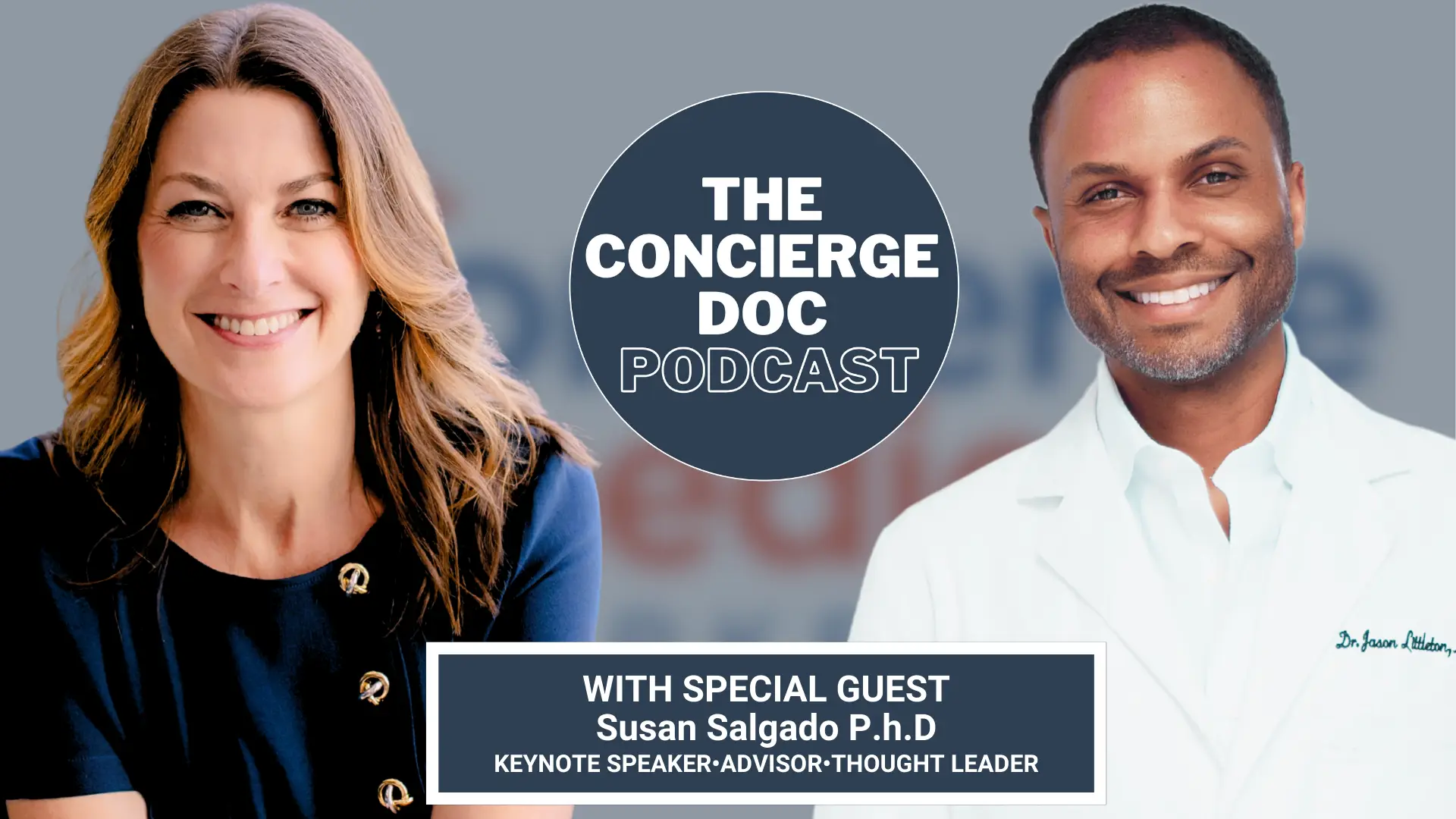Managing your blood pressure is so important to your long-term well being. High blood pressure—also known as hypertension—is a major risk factor for a number of devastating illnesses. Keeping your blood pressure in check is one of the best ways to reduce your chances of heart disease, heart attack, and stroke, as well as various other conditions.
Sometimes, medication is necessary to get high blood pressure under control as quickly as possible; unmanaged hypertension can do serious damage in relatively little time. But slightly elevated blood pressure can usually be addressed solely through lifestyle changes. Or, lifestyle changes can help you get off medication eventually—a great goal—rather than taking it indefinitely.
Of course, this must all be discussed with your doctor, who can evaluate personal risk factors and other individual considerations to make personalized recommendations. It’s good to be informed by reliable information on the web, but when it comes to medical topics, you always need tailored guidance from a professional who’s familiar with your health and medical history.
With that said, I want to provide some information about hypertension and effective, natural ways to lower high blood pressure.
What Qualifies as High Blood Pressure?
Your blood pressure reading consists of two numbers. The first or top number is your systolic blood pressure, which measures the pressure in your blood vessels when your heart beats. The second or lower number is your diastolic blood pressure, which measures the pressure in your blood vessels between beats, when your heart is at rest.
Generally speaking, normal blood pressure is less than 120/80 mmHg; at-risk blood pressure—a reading that’s higher than it should be, indicating a significant risk of becoming hypertensive—is 120 to 139/80 to 89 mmHg; 140/90 mmHG or more is high blood pressure.
How to Reduce Hypertension Naturally
Here are the best ways to lower high blood pressure that don’t involve taking drugs:
- Lose weight! Even moderate weight loss of just 5 to 10 percent of your body weight can have beneficial effects on your blood pressure, risk of many diseases, energy levels, overall health, and the way you feel from day to day.
- Get more aerobic exercise (ideally shooting for at least 30 minutes of moderate to intense exercise most days of the week, with your physician’s OK); this isn’t just crucial to weight loss and general health, it can also directly reduce your blood pressure.
- Don’t smoke! And if you do, quit! Every cigarette causes a spike in blood pressure, and over the course of the day, smoking keeps your blood pressure elevated; quitting can have a major, instantaneous positive effect on hypertension—not to mention countless other health benefits.
- Reduce your sodium intake; most importantly, ditch those high-sodium processed and canned foods, but also stop adding salt to your food, or at least cut back on it.
- Eat potassium-rich foods, which help counteract the negative effects of sodium.
- Also limit your added sugar intake as much as possible, as a high-sugar diet is associated with elevated blood pressure and being overweight, along with increased risk of type 2 diabetes and many other diseases.
- Make most or all of your grains whole grains, and eat lots of fruit and vegetables.
- Get plenty of healthy fats in your diet while limiting saturated fat intake and staying far away from trans fat.
- Limit your alcohol consumption; regular and/or excessive drinking elevates your blood pressure and of course has a variety of other harmful effects on your health and well being.
- Have an occasional glass of red wine though, as there’s evidence that a small amount of alcohol can help lower blood pressure; I suggest red wine because it also has antioxidants shown to promote heart health when it’s enjoyed in moderation.
- Manage stress! Being stressed out raises your blood pressure and causes all sorts of other problems; look over these healthy ways to manage stress.
- Get at least 7 hours of restful sleep every night; here are some sleep hygiene tips to help, since many people struggle to get enough quality sleep.
In healthcare, technical skill is only part of the equation....
Family life is full of moving pieces, school drop-offs, late-night...
What if your medical practice had a marketing assistant trained...
In healthcare, technical skill is only part of the equation....
Family life is full of moving pieces, school drop-offs, late-night...



